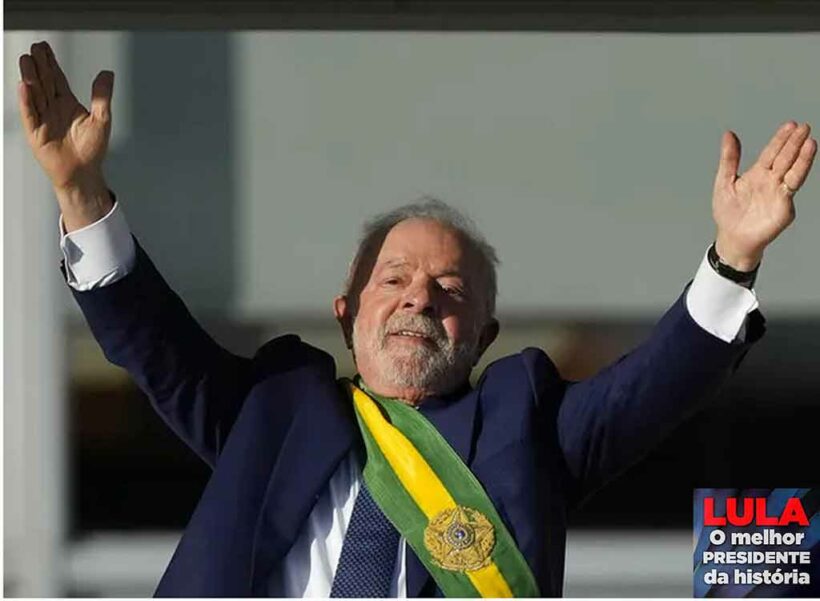Brazil’s new President Luiz Inácio Lula da Silva revoked more than ten decrees signed during Bolsonaro’s government, in one of his first acts after taking office.
Lula determined that the General Controller of the Union (CGU) would have to re-evaluate in 30 days the secrecy imposed for 100 years on documents and information of the Public Administration, which was a decision of the previous Executive.
He also re-established the functioning of the Amazon Fund, decreed the fight against deforestation and repealed a measure on illegal mining.
On the other hand, Brazil’s newly appointed president has suspended the issuance of new gun permits, as well as authorisations for new shooting clubs.
The president signed several provisional measures, one of which guarantees the payment of 600 reais ($110) to families enrolled in the current Auxilio Brasil programme, now renamed Bolsa Familia; another measure extends tax exemptions on fuel; and a third restructures the government by increasing the number of ministries.
In addition, Lula ordered his ministers to present proposals to remove public companies such as the oil company Petrobras and the postal service Correios from the privatisation project.
The President put into office the 37 ministers of the new government, who took office immediately, under the slogan of “Union and Reconstruction”.
Lula led a ceremony in which the 37 members of his cabinet were sworn in collectively, after which they will formally take office this Monday, in what will be the first effective day of the new government.
The strongman of the economy will be Fernando Haddad, Minister of Finance, while at the head of the Ministry of Foreign Affairs will be Mauro Vieira, a veteran career diplomat who has already been Foreign Minister between 2014 and 2016 in the administration of President Dilma Rousseff.
Lula’s cabinet includes eleven women and political leaders from nine parties across a broad spectrum, ranging from the left to the more moderate right.
Among the women, one of the biggest novelties is Sonia Guajajara, a representative of indigenous peoples, who took over the Ministry of Indigenous Peoples, a portfolio that did not exist until now and which Lula had pledged to create during the campaign.
After putting his new ministers into office, Lula posed with his entire cabinet for what was the first official photo of what is his third government, as he had already been in power for two consecutive terms, between 2003 and 2010.






